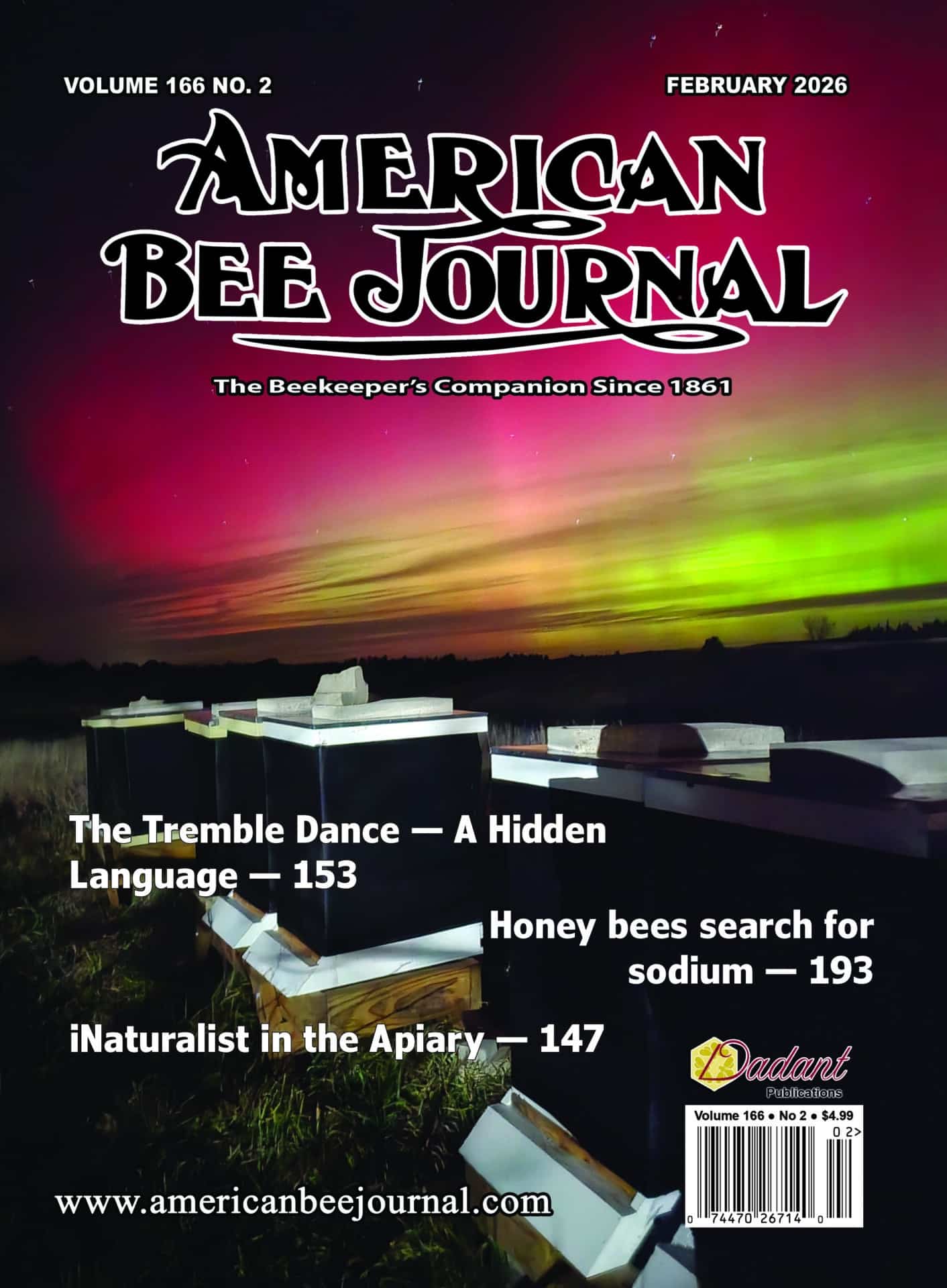FFAR & AAVMC Announce 2023 Veterinary Fellows
WASHINGTON, July 13, 2023 — Today the Foundation for Food & Agriculture Research (FFAR) and the American Association of Veterinary Medical Colleges (AAVMC) announced the 13 recipients of the 2023 Veterinary Student Research Fellowship (FFAR Vet Fellows). This unique fellowship creates opportunities for veterinary students around the world to conduct research advancing global food security, sustainable animal production and environmental sustainability.
Veterinarians trained in animal science and public health are critical to addressing many global challenges within the veterinary and agricultural fields. Through the FFAR Vet Fellows program, veterinary students can pursue research outside of the biomedical sciences and gain experiential learning opportunities with a qualified mentor. This fellowship culminates with student presentations at the annual Veterinary Scholars Symposium.
“There are few funding opportunities for veterinary students to gain the research experience needed to adequately prepare them to address climate change, emerging infectious diseases, antimicrobial resistance and other issues that threaten sustainable livestock production,” said Nikki Dutta, FFAR interim scientific program lead for Advanced Animal Systems. “FFAR is excited to support this fifth cohort of FFAR Vet Fellows to give these students a leg up on their veterinary research and public service careers.”
The 2023 FFAR Vet Fellows [in the field of honey bees] include:
Madison Rowe
Texas A&M University
Honey bees are an ecologically and economically important livestock species often overlooked in veterinary agricultural research. Rowe is studying the behavioral and reproductive effects of a detrimental gastrointestinal fungus, Nosema ceranae, in honey bee queens and workers to determine the indirect impacts of infection. This research will inform future treatments and supportive care for the disease, as well as trace potential production impacts that occur prior to colony collapse.
Courtney Wallner
Tufts Cummings School of Veterinary Medicine
Honey bees pollinate over 80% of all flowering plants, including many agricultural crops. They play an integral role in ecosystem health and food security but face numerous threats from parasitism to pesticide toxicity. In 2017, the U.S. Food and Drug Administration issued a directive that tasked veterinarians with overseeing their care, yet honey bees are the only food-producing species not traditionally taught in U.S. veterinary schools. To address this knowledge gap, Wallner is designing a honey bee medicine curriculum tailored to veterinary students and professionals to increase the number of veterinarians able to see honey bees as patients.
The Foundation for Food & Agriculture Research (FFAR) builds public-private partnerships to fund bold research addressing big food and agriculture challenges. FFAR was established in the 2014 Farm Bill to increase public agriculture research investments, fill knowledge gaps and complement the USDA’s research agenda. FFAR’s model matches federal funding from Congress with private funding, delivering a powerful return on taxpayer investment.
The member institutions of the American Association of Veterinary Medical Colleges (AAVMC) promote and protect the health and wellbeing of people, animals and the environment by advancing the profession of veterinary medicine and preparing new generations of veterinarians to meet the evolving needs of a changing world. Founded in 1966, the AAVMC represents more than 40,000 faculty, staff and students across the global academic veterinary medical community.


